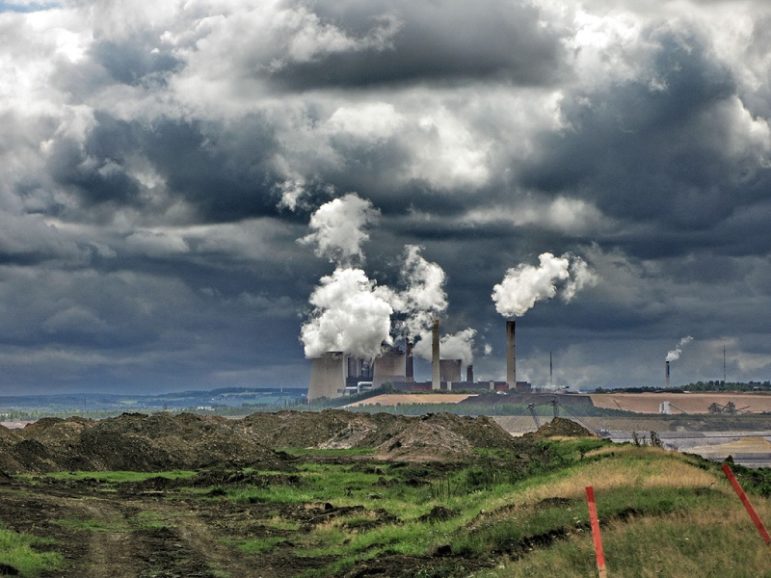
January 5, 2017; New York Times
In the face of the imminent threat from global warming, decreasing our dependence on carbon-based fuels is critical. This need poses a direct threat to the wealth and power of those who have invested heavily in drilling, mining, and related businesses. Typically, the debate has centered on whether global warming is real and to what degree human actions have influenced or driven it. Perhaps in recognition that this point is a lost cause, oil interests are changing their message and seeking new allies in unexpected places.
A new nonprofit business organization, Fueling U.S. Forward, is leading an effort to position fossil fuels as the fuel of the people, essential to every American’s economic security:
Access to reliable energy is the common thread that binds millions of Americans together as we set out to build, create, and care for people living in the greatest nation in the world. When we talk about powering our future, we can’t afford to leave anything on the table…domestic oil and natural gas is the key to ensuring Americans continue to grow, innovate, and thrive into tomorrow.
[…]
Energy shapes everything we do, every moment of our life—so much so that we often take it for granted. No longer. The story of energy is one worth telling, and one best told by the people who have the most at stake…we’re going to take the conversation out of Washington, D.C. and into local communities. We’ll talk to people of diverse backgrounds—industry employees, small business owners, community leaders, and low-income families—and share their stories.
Sign up for our free newsletters
Subscribe to NPQ's newsletters to have our top stories delivered directly to your inbox.
By signing up, you agree to our privacy policy and terms of use, and to receive messages from NPQ and our partners.
According to a recent report in the New York Times, Fueling U.S. Forward is “funded by Koch Industries, the oil and petrochemicals conglomerate led by the ultraconservative billionaire brothers David H. and Charles G. Koch.” Their strategy is to change the debate about global warming from one about science to one about self-interest and economic security. A new argument gives them the opportunity to reach out to “new allies in their quest for a fossil fuel resurgence: minorities.”
Funds provided by Fueling U.S. Forward supported a meeting last June of the National Policy Alliance (NPA), which comprised major organizations representing black public officials from federal, state, and local levels of government. The purpose of the meeting was to develop policy recommendations that could be “a living document, to be updated and more importantly, acted upon, as we select our next president, congressmen, and local officials.”
This new tack on building support for fossil fuels seems to have gotten some traction. The platform that emerged from the meeting strongly connected energy to economic security and ignored the consequences of global warming: “Access to affordable, reliable energy is crucial to economic progress. Low income families, many in the Black community, spend as much money on energy as they do on food. […] Policies that subsidize electric vehicles and solar panels for the wealthy raise energy prices and harm the black community.” Linda Haithcox Taylor, executive director of the National Policy Alliance, said that the organization was just “standing up for poor, underserved communities.”
Eddie Bautista, executive director of the NYC Environmental Justice Alliance, a nonprofit that works with low-income and minority neighborhoods on environmental issues, doesn’t agree. He told the Times that the campaign is “an exploitative, sad and borderline racist strategy.” He pointed to the falling costs associated with renewable energy, which he said made shifting away from reliance on fossil fuels a winning proposition for everyone.
This is an approach that mirrors the successful strategy employed by the Trump campaign in its appeal to white working class voters. It plays on economic struggles, fears, and worries. It looks to blame a distant “elite.” If global warming is indeed as real as our scientists tell us it is, this strategy carries great risk to the very people it’s trying to bring on board. Fossil fuels may be cheaper today, helping those with limited resources stretch their budgets, but the threats posed by a warming earth will affect these very communities first and hardest.—Martin Levine













